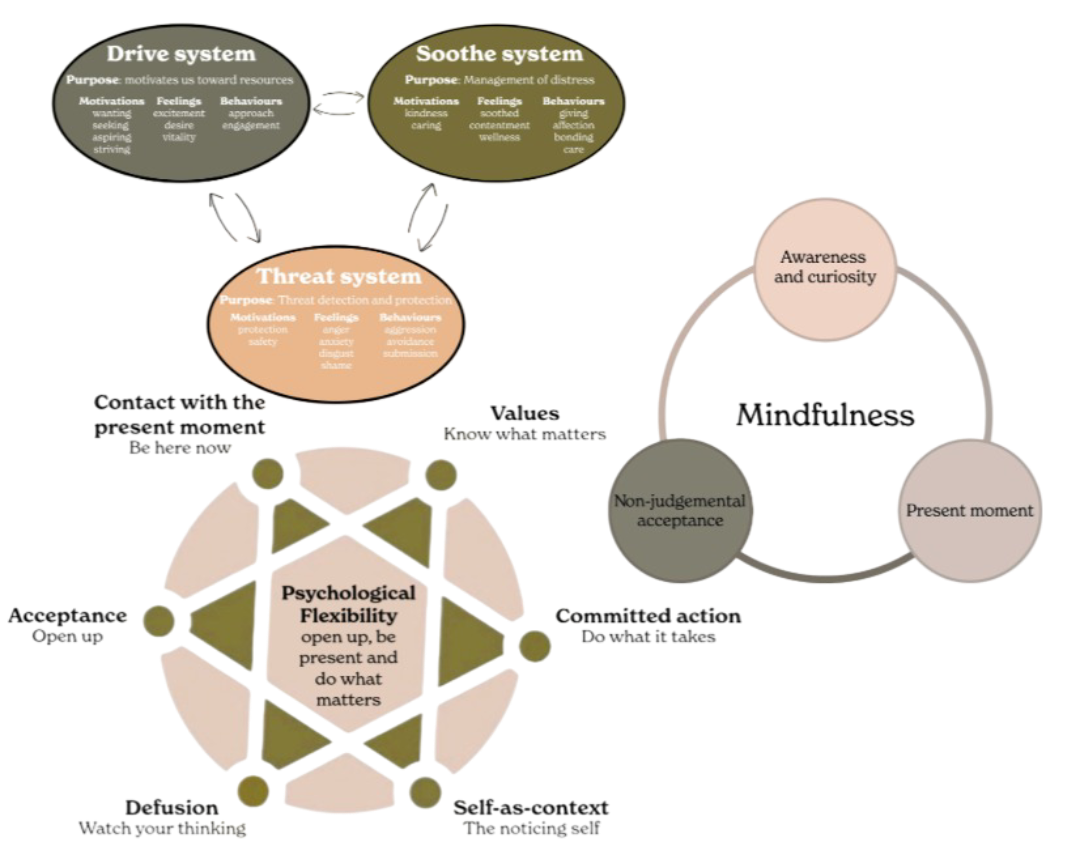Cognitive Behavioural Therapy for Long term health conditions
What Is CBT for Long-Term Conditions?
Cognitive Behavioural Therapy (CBT) for long-term conditions is a form of talking therapy adapted to help people manage the psychological and emotional impact of ongoing health problems, such as chronic pain, diabetes, heart disease, or neurological disorders. While it can’t cure the physical illness, CBT aims to improve quality of life by helping you understand the links between your thoughts, feelings, behaviours, and physical symptoms.
The focus is on identifying unhelpful thinking patterns or coping behaviours that can make symptoms feel worse, and learning practical strategies to change them. By addressing how you respond to your condition—mentally and behaviourally—you can reduce distress, improve day-to-day functioning, and feel more in control.
How Can CBT Help with Long-Term Conditions?
CBT can support people living with long-term conditions by helping to:
Understand how thoughts and behaviours influence physical symptom perception and emotional wellbeing.
Reduce the impact of anxiety, depression, and stress on physical health.
Develop healthier coping strategies and pacing techniques for daily activities.
Break the cycle of symptom focus, avoidance, and reduced quality of life.
Build resilience and confidence in managing the challenges of an ongoing health condition.
CBT helps you respond to your condition more flexibly, focusing on realistic thinking rather than “just thinking positive,” so you can make practical and sustainable changes.
What Are ‘Third Wave’ CBT Approaches?
Third-wave CBT therapies build on the foundations of traditional CBT by incorporating mindfulness, acceptance, and values-based living. They are especially useful for long-term conditions where symptoms may not go away but can be managed more effectively. Common third-wave approaches include:
Acceptance and Commitment Therapy (ACT): Helps you accept unpleasant thoughts, feelings, or sensations without letting them control your actions, and focus on living in line with your values.
Mindfulness-Based Cognitive Therapy (MBCT): Encourages present-moment awareness to reduce rumination and stress, and to respond to symptoms with greater calm and clarity.
Compassion-Focused Therapy (CFT): Builds self-compassion to reduce shame, self-criticism, and emotional distress linked to chronic illness.
These approaches don’t just aim to change thoughts—they also teach you how to relate differently to your internal experiences, making it easier to live a fulfilling life even with ongoing symptoms.
What Should I Expect If I Try CBT for a Long-Term Condition?
If you attend CBT sessions for a long-term condition, you can expect a collaborative and structured approach tailored to your health needs. You might:
Explore how your condition impacts your thoughts, mood, and daily behaviour.
Learn pacing and problem-solving skills to prevent the “boom and bust” cycle of overexertion followed by fatigue or pain.
Use mindfulness or acceptance exercises to reduce emotional struggle with symptoms.
Work with your therapist to set realistic health and life goals.
Complete short exercises between sessions to practise new skills in real life.
Keep track of symptom patterns and triggers using logs or activity charts.
CBT for long-term conditions, especially when combined with third-wave strategies, is not about ignoring your symptoms—it’s about finding ways to live well alongside them. By learning new ways to think, act, and relate to your condition, you can reduce distress, improve function, and regain a greater sense of control over your life.







